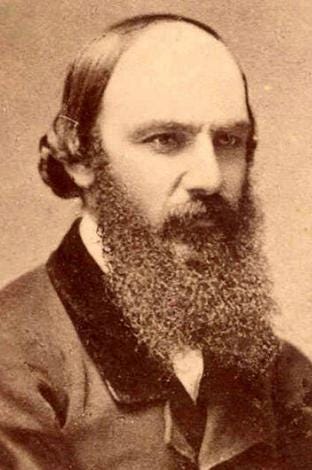The department of boyaca declared war on Belgium for love
In 1867, a war letter was sent from Boyacá to Brussels in what was then called the Kingdom of Belgium. At that time, a state, now a department, declared war on a first-world country on its own, without depending on the rest of Colombia.
It only took an unrequited love, a jilted leader, and a failed war letter to star in one of the longest and most absurd wars of all time. Not a single bullet, not a tiny drop of blood was shed in this story where revenge and retaliation were the main ingredients.
All this happened because José de los Santos Gutierrez went to study in Belgium and fell in love with Josefina while there.
Both in fairy tales and in real life, there are love stories that are not meant to be and, on the contrary, are doomed to failure. Josefina and José's romance would not be the exception. With the announcement of the marriage, some new enemies arrived to show them that despite the fact that the panorama is sometimes dressed in immortal joy, in the end it will always be furrowed with pain, at least in his case.
Josefina's parents did not look favorably on the relationship between their daughter and the Colombian lawyer, so they took the drastic determination to oppose the marriage. Without a wife and with a broken heart, José returned to Colombia and became the famed statesman, politician and military man for whom he would be remembered for a lifetime.
Time passed, but his love for Josefina never withered. The memories of those moments that were immortalized in his heart still lingered in his mind. Revenge and retaliation arose as his friends, allies for the pain. So without much thought, the Boyacá leader decided to make the people of Belgium pay for his jilt.
With a war letter sent to the European country in 1867, José de los Santos Gutiérrez intended to exact revenge for the terrible offense against the love he had for the tall, blonde, and beautiful Belgian citizen. However, the letter never arrived, reportedly due to transportation system inefficiencies.
The truth is that on May 28, 1988, a little over a hundred years after the letter was sent, the Belgian ambassador to Colombia, Willy Stevens, learned the intriguing story of the invisible war in which his country was plunged by more than 100 years.
With nothing to lose and much to commemorate, Stevens decided to celebrate a symbolic armistice, which unlike the original event, did make hundreds of news headlines across the globe.




